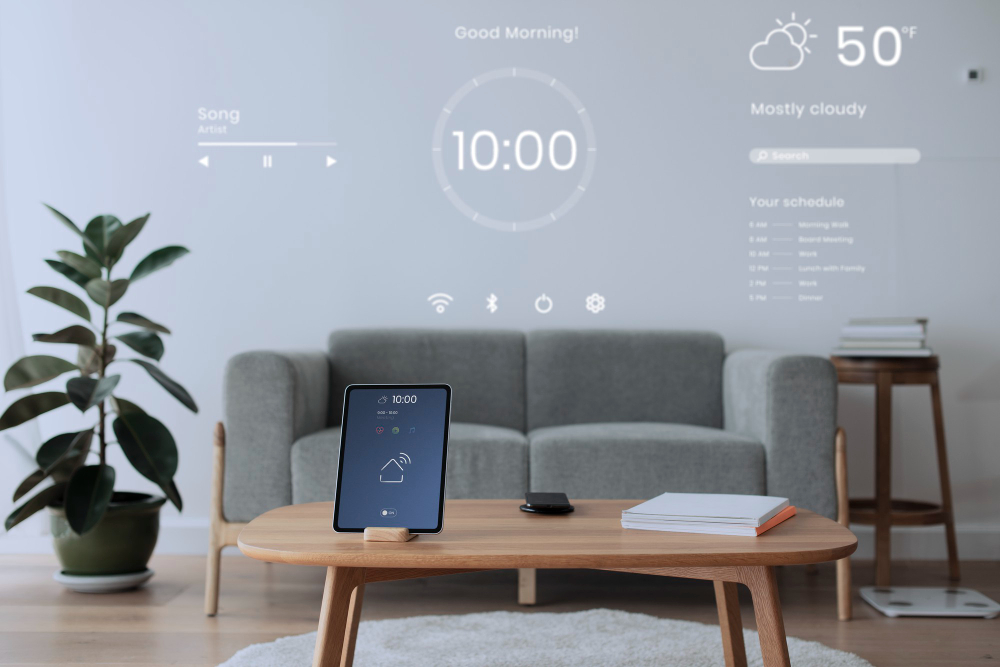As remote work becomes increasingly common, securing the home office has emerged as a critical priority for both employees and employers. The shift from traditional office environments to home-based workspaces brings with it a unique set of cybersecurity challenges that require careful attention. Understanding the benefits of implementing robust cybersecurity measures is essential for protecting sensitive information and maintaining productivity in a remote work setting.
Protecting Sensitive Data
One of the primary benefits of cybersecurity for remote workers is the protection of sensitive data. Remote employees often handle confidential information, including client data, financial records, and proprietary business information. Without proper cybersecurity measures, this data is vulnerable to unauthorized access and cyberattacks. Implementing strong passwords, encryption, and secure networks can help safeguard this information from theft and breaches.

Reducing Risk of Cyberattacks
Cyberattacks, such as phishing, malware, and ransomware, pose significant threats to remote work environments. Cybercriminals exploit vulnerabilities in home networks and personal devices to gain access to corporate systems. By investing in cybersecurity solutions, such as firewalls, antivirus software, and intrusion detection systems, remote workers can reduce the risk of falling victim to these attacks. Regular software updates and security patches further enhance protection against emerging threats.
Ensuring Compliance with Regulations
Many industries are subject to strict data protection regulations, such as GDPR, HIPAA, and CCPA. Remote workers must adhere to these regulations to avoid legal and financial penalties. Effective cybersecurity practices, including data encryption and secure storage, ensure that remote work practices comply with regulatory requirements. This not only helps avoid costly fines but also maintains the company’s reputation and trust with clients.
Enhancing Productivity and Collaboration
Sicherheitsmaßnahmen für das Heimbüro contribute to a more productive and collaborative remote work environment. When employees feel confident that their data and communications are secure, they can focus more on their tasks rather than worrying about potential security breaches. Secure communication tools and collaboration platforms also facilitate efficient teamwork while ensuring that sensitive information remains protected. This leads to smoother operations and improved overall productivity.
Safeguarding Against Insider Threats
Insider threats, whether intentional or accidental, can compromise the security of a remote work environment. Employees may inadvertently expose sensitive information or fall victim to social engineering attacks. Cybersecurity training and awareness programs are vital for educating remote workers about potential threats and best practices for data protection. By fostering a culture of cybersecurity awareness, organizations can minimize the risk of insider threats and maintain a secure work environment.
Building Trust with Clients
For businesses that handle client data, demonstrating a commitment to cybersecurity can significantly enhance client trust. Clients are more likely to engage with companies that prioritize data protection and security. By showcasing strong cybersecurity practices, remote workers contribute to building and maintaining client confidence, which is essential for long-term business relationships and success.
Securing the home office through effective cybersecurity measures is crucial for remote workers. The benefits include protecting sensitive data, reducing the risk of cyberattacks, ensuring regulatory compliance, enhancing productivity, safeguarding against insider threats, supporting business continuity, and building client trust. As remote work continues to evolve, prioritizing cybersecurity will remain a key component of maintaining a safe and productive work environment.
